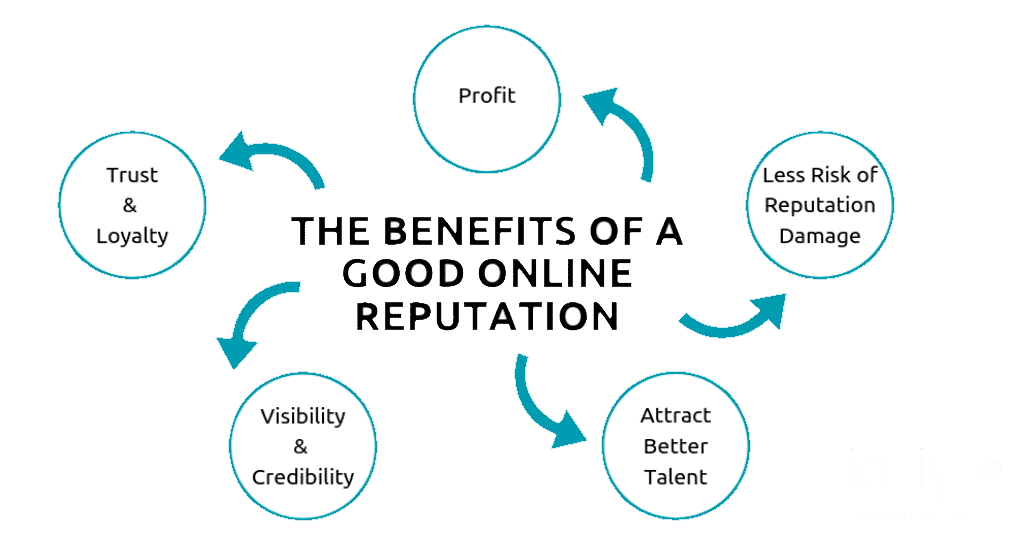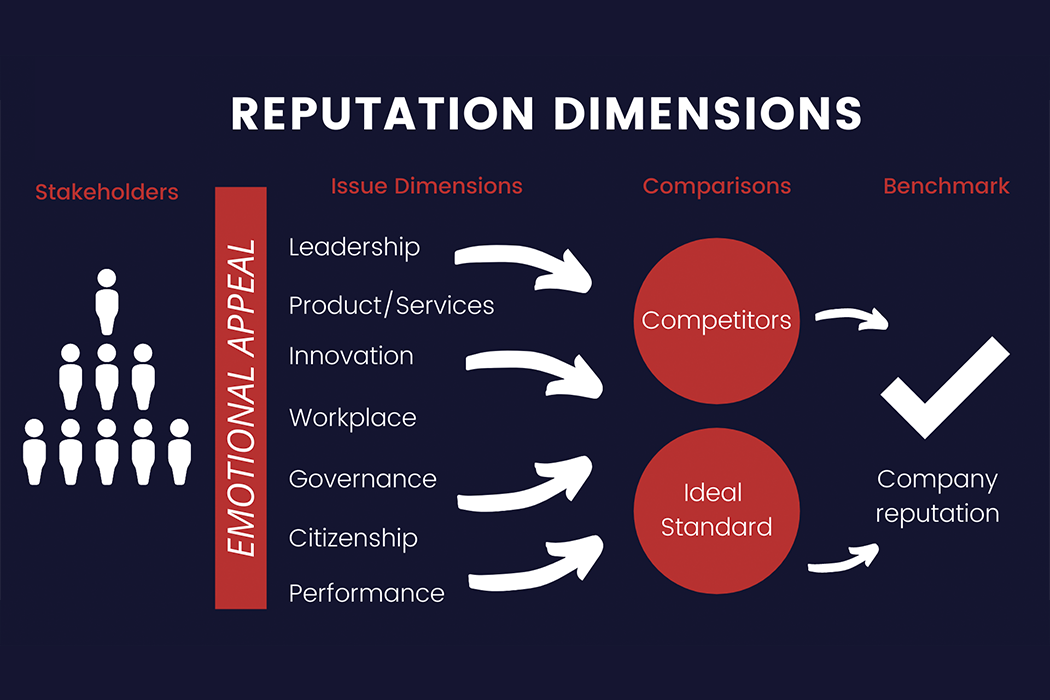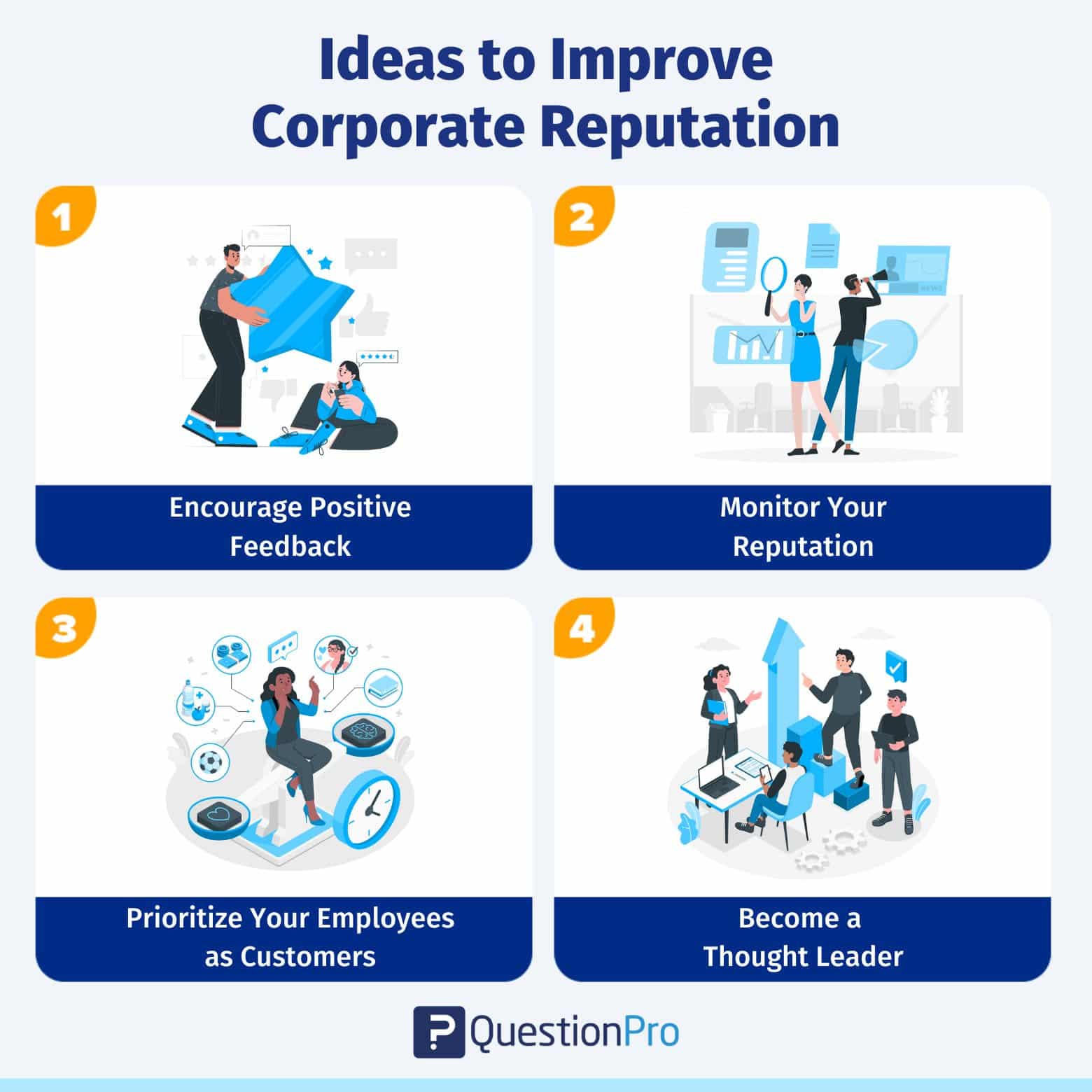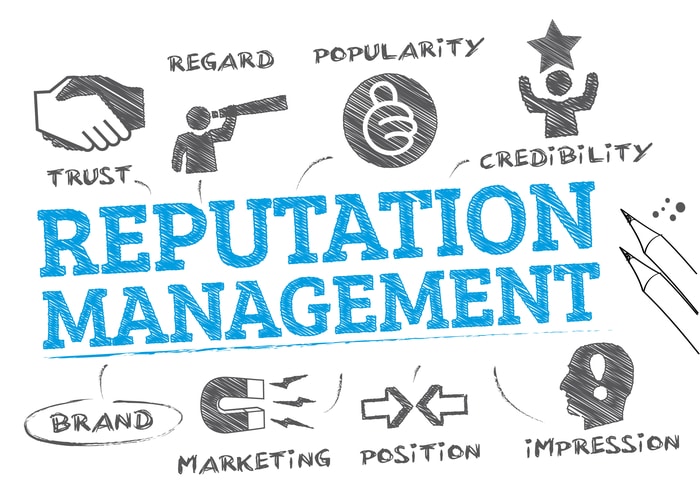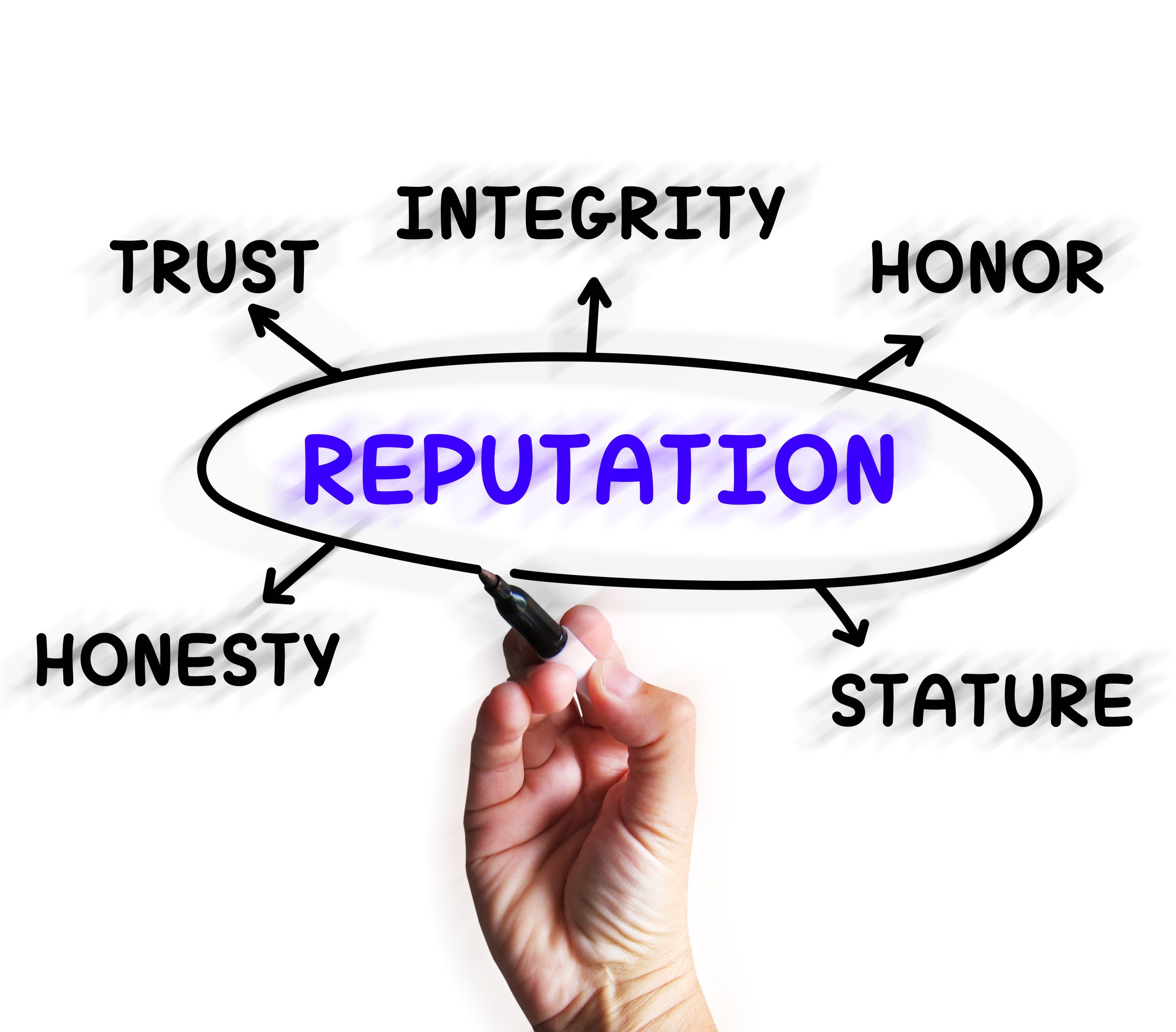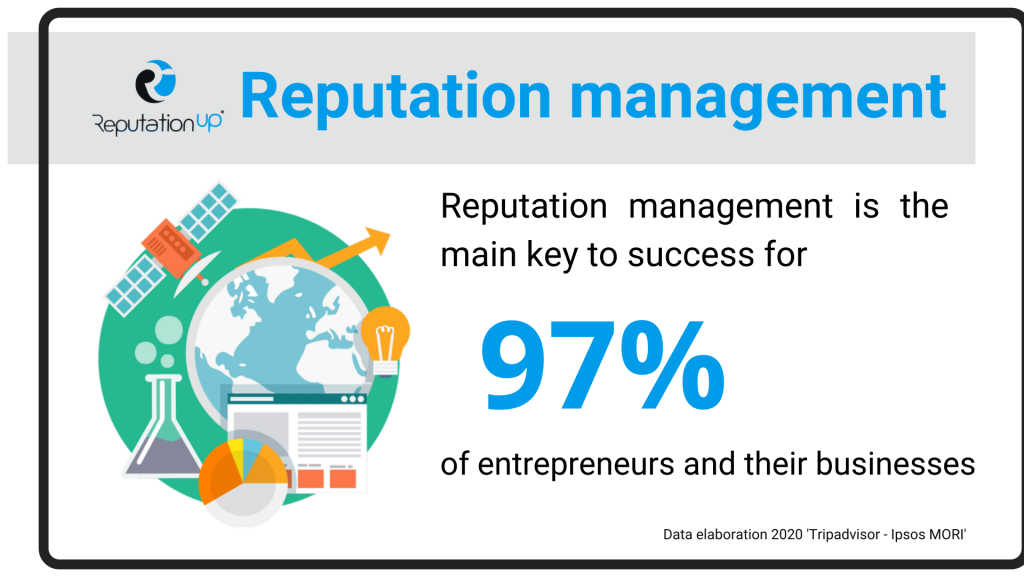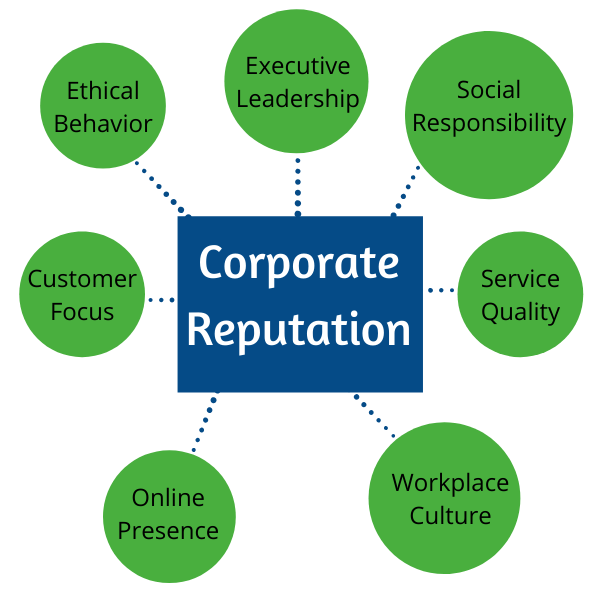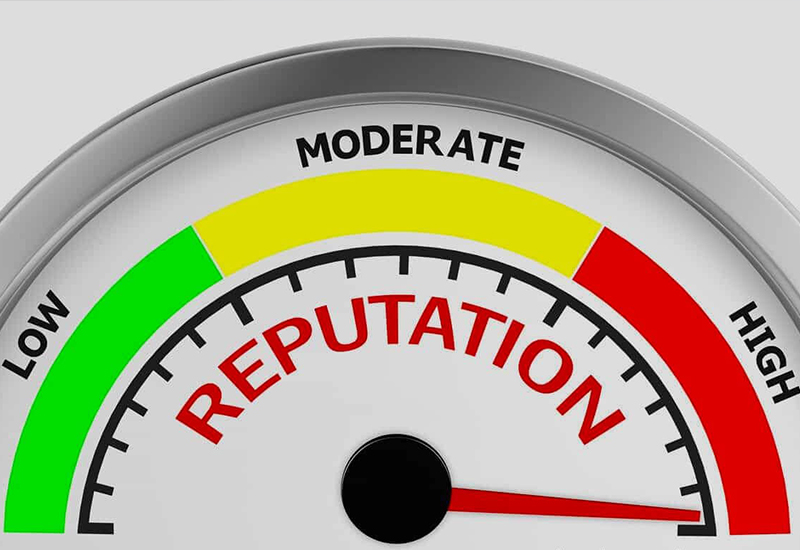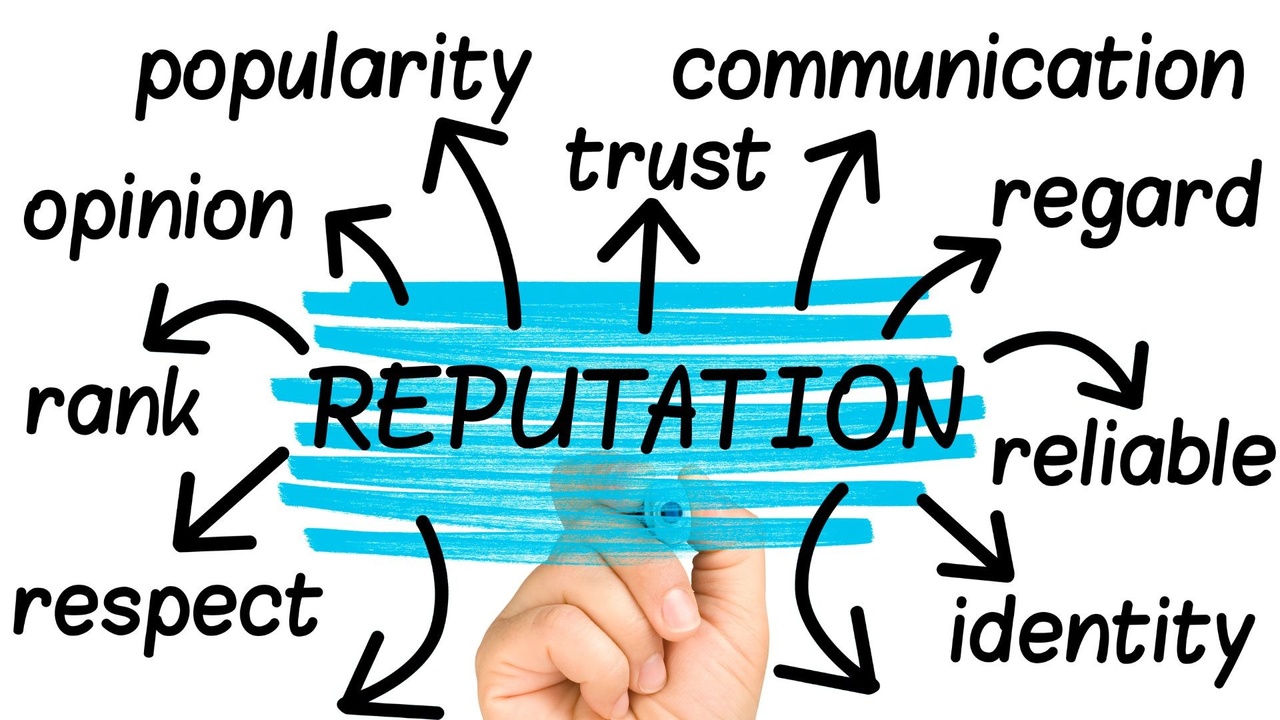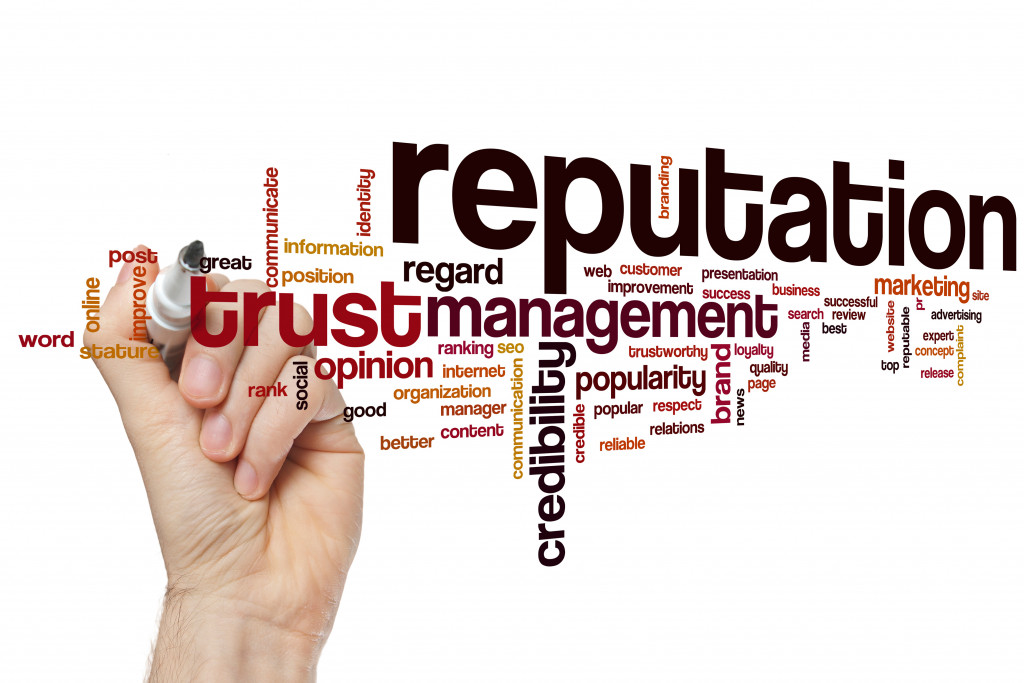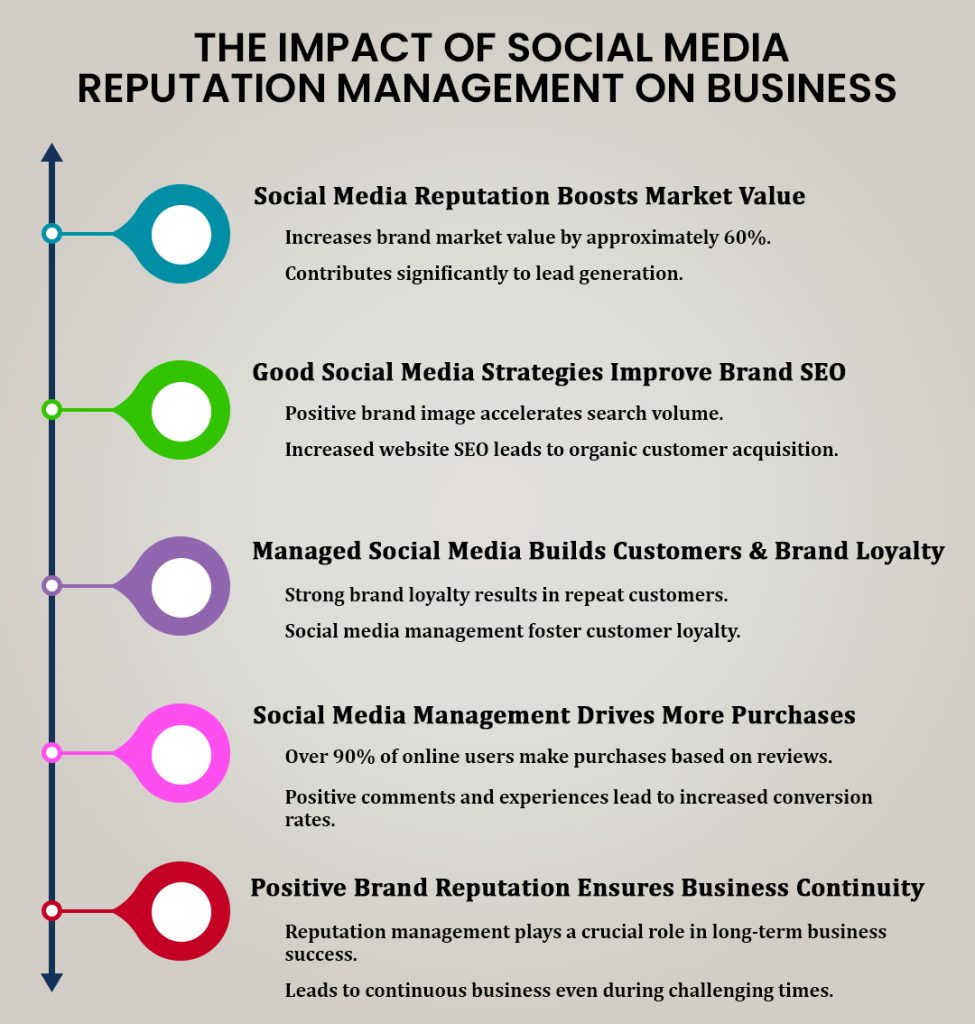How Does Reputation Help A Company To Be More Competitive

Imagine strolling down a bustling street, lined with coffee shops. Each promises the perfect brew, but your eyes are drawn to one in particular. It’s not the flashiest, nor the cheapest, but something about its understated elegance and the warm chatter spilling onto the sidewalk makes you pause. That "something" is likely a reflection of its well-earned reputation.
At its core, a positive reputation acts as a powerful competitive advantage for any company. In today’s market, where information travels at lightning speed, a strong reputation builds trust, attracts customers, and ultimately, fuels growth and longevity. This article explores how a good reputation provides a competitive edge, making a company more attractive to stakeholders across the board.
Building Trust and Customer Loyalty
A solid reputation is built on trust, and trust is the bedrock of any successful business. Customers are more likely to choose a company they believe in, one that has consistently delivered on its promises. Reputation Institute, a global reputation management firm, highlights the critical link between reputation and stakeholder behavior, showing that positive perceptions drive customer loyalty and advocacy.
When a company has a reputation for quality products, excellent service, and ethical practices, it fosters a sense of security and confidence among consumers. This is particularly important in industries where risks are perceived to be high, such as finance or healthcare. A brand with a strong reputation essentially provides a safety net for customers, reducing their anxiety about making a purchase or engaging with the company.
Attracting and Retaining Talent
A company's reputation extends beyond its customers; it also significantly impacts its ability to attract and retain top talent. In a competitive job market, professionals are increasingly seeking employers with a positive reputation for treating employees well, promoting diversity and inclusion, and contributing positively to society.
According to a Glassdoor survey, approximately 86% of job seekers research company reviews and ratings before applying for a job. A stellar reputation enhances a company's employer brand, making it a more attractive option for talented individuals seeking meaningful work and career growth. Furthermore, employees are more likely to be engaged and productive when they feel proud to work for a reputable organization.
Gaining Investor Confidence
Investors, like customers and employees, are heavily influenced by a company's reputation. A strong reputation can signal to investors that a company is well-managed, financially stable, and committed to sustainable growth. This, in turn, can lead to increased investor confidence, higher stock valuations, and easier access to capital.
Companies with a proven track record of ethical behavior and responsible business practices are also more likely to attract socially responsible investors (SRIs), who prioritize investments in companies that align with their values. The Edelman Trust Barometer consistently demonstrates that trust is a key driver of investor behavior, and companies that prioritize reputation management are better positioned to earn and maintain that trust.
Mitigating Risks and Navigating Crises
A solid reputation acts as a buffer during challenging times, providing a company with the resilience to weather storms and bounce back from setbacks. When crises arise, a company with a good reputation has already built a reservoir of goodwill with its stakeholders, making it easier to communicate transparently, address concerns, and maintain public trust.
In contrast, a company with a damaged reputation may face significant challenges in regaining public confidence and mitigating the negative impact of a crisis. As Warren Buffett famously said, "It takes 20 years to build a reputation and five minutes to ruin it. If you think about that, you'll do things differently."
Ultimately, a company’s reputation is not just an abstract concept; it is a tangible asset that can be strategically cultivated and leveraged to gain a competitive edge. It is the sum of every interaction, every promise kept, and every value upheld. A commitment to ethical behavior, exceptional customer service, and meaningful social impact is essential for building a strong reputation that stands the test of time. By focusing on building and protecting their reputation, companies can not only thrive in today's competitive landscape but also create a more sustainable and trustworthy business environment for all.

